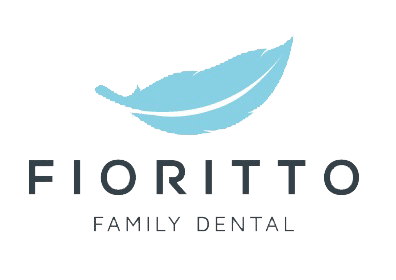Oral piercings—that is, lip and tongue piercings—are increasingly popular, especially among young people. This can be a fun way to alter your appearance, but the risk to your dental health is real.
Before you decide whether to get an oral piercing, read the risks below. While piercings can be removed and will eventually heal, you may experience negative and long-lasting dental health problems.
How oral piercings affect your dental health
Here are the issues oral piercings can create:
- Allergic reactions: Many oral piercing accessories are made from nickel, which can cause allergic reactions in some people. They may not realize that they’re allergic until the piercing is in place. If you plan to get a piercing, find out first whether you’re allergic to any metals. If you are, look for jewelry made from a safer metal.
- Chipped or fractured teeth: Your metal lip or tongue piercing can crack or break your teeth. This can cause anything from cosmetic damage to exposed nerves. Broken and chipped teeth can be repaired, but maintaining your natural teeth is always preferable. Dental repair materials may need to be replaced over the coming years.
- Gum trauma: Gum trauma typically comes from lip piercings. The piercing can scratch or cut the gum tissue. Gum tissue trauma can lead to infections, so you’ll need to be vigilant about your oral health or skip the piercings.
- Infections: Our mouths are full of bacteria. When you pierce your lip or tongue, there’s always the possibility that those millions of bacteria will cause an infection. If the infection gets into your bloodstream, it can cause widespread health problems.
- Speech and chewing problems: After a lip or tongue piercing, you may have trouble speaking or chewing properly. Most people get better over time.
- Split tongue: While rare, some tongue piercings can split the tongue in half, creating a snakelike appearance. This typically has to be corrected with surgery, and may take several weeks or longer to heal.
- Swallowed piercings: Your piercing components may detach, which is a swallowing and choking hazard.
- Swelling: Finally, some people experience intense swelling after piercings. In extreme cases, this can block your airways and make eating difficult.
Even if you remove your oral piercings, the hole can take a while to heal properly. This, once again, exposes your oral tissue to infection. It can also be irritating while eating, drinking and talking, until the piercing closes completely.
Oral piercing hygiene tips
If you decide to get an oral piercing after reviewing these risks, make sure that your dental hygiene is impeccable. Plan to brush and rinse with a dentist-approved mouthwash every day, and floss at least once a day.
You’ll also need to carefully monitor your piercing, especially in the healing and removal stages. If you notice any changes to your lips, tongue, teeth or gums, call your friendly Fioritto dentist right away.
Oral piercings might be popular, but the risks are real. Schedule an appointment with Fioritto Family Dental to check on your dental health, and get advice on whether a piercing is likely to cause issues for you.
